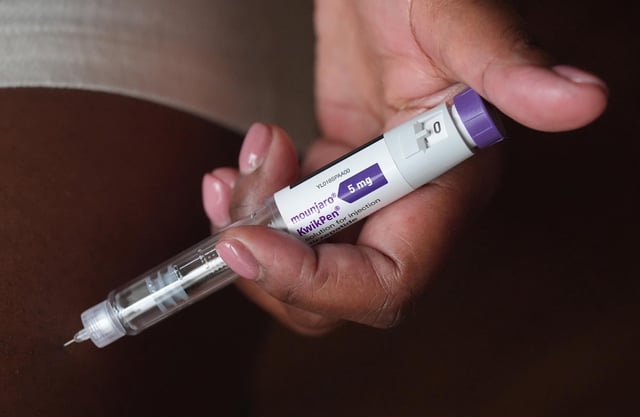Overview
- Danish registry data on 77,310 first‑time users without diabetes show discontinuation rates of 18% at 3 months, 31% at 6 months, 42% at 9 months, and about 52% at one year.
- Stopping was more likely among 18–29 year‑olds (+48% vs ages 45–59) and residents of low‑income areas (+14%), underscoring affordability concerns with costs cited around €2,000 per year in Denmark and roughly $1,000–$1,400 per month in the U.S. without insurance.
- People with prior gastrointestinal medication use (+9%), psychiatric medication history (+12%), or cardiovascular/other chronic conditions (~+10%) were more prone to quit; men were 12% more likely to discontinue than women.
- Two phase IIIb trials published in The Lancet Diabetes & Endocrinology found 7.2 mg weekly semaglutide produced about 18–19% mean weight loss in adults without diabetes versus ~16% at 2.4 mg, and 13.2% versus 10.4% in those with type 2 diabetes.
- Higher dosing increased adverse events, with more nausea, vomiting, diarrhea and reports of dysesthesia, indicating a clearer efficacy–tolerability trade‑off the investigators say could suit some patients but warrants further validation.



